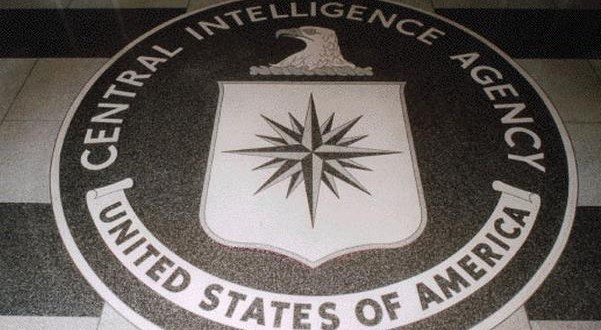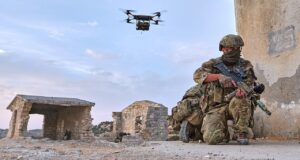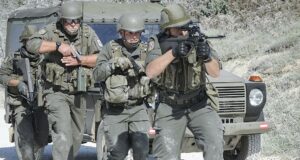Al Qaeda’s Counterintelligence
The first reason any intelligence failure might occur is that the enemy has engaged in a counterintelligence campaign which has outperformed one’s own intelligence gathering efforts. Al Qaeda’s counterintelligence strategy prior to 9/11 was incredibly sophisticated. This still appears so, even in hindsight. Then-Director of Central Intelligence, George Tenet, remarked to the Joint Inquiry into Terrorist Attacks Against the United States that: “[b]ased on what we know today, the investigation of the 9/11 attacks has revealed no major slip in the conspirators’ operational security.[1]” Ramzi bin al-Shibh, who was a key strategic figure in the planning and carrying out of 9/11, viewed communication as “the dangerous security gap through which the enemy could infiltrate and attempt to foil any operation.[2]” As such, al Shibh developed sophisticated methods of communicating, noting that:
Each phase [of the 9/11 operation] has a language of communication that differs from the following one; and before each phase, a meeting takes place and an agreement is reached over this language. If the meeting could not be convened and something unexpected occurred, we rely on a new means of communication, which is used only once and for this unexpected manner only, then we would not resort to it again[3].
So confident were they in the effectiveness of their counterintelligence practices, that the hijackers actually travelled using their real names[4]. Ilardi even argues that:
“The confidence engendered by Al Qaeda’s security measures also contributed to the operation’s resilience. The strength of these measures meant that when unanticipated problems arose, especially those that risked exposing the operation, the organizers and cell leaders felt confident enough to proceed with the plot[5].”
The United States or, indeed, any Western intelligence community could not directly change the counterintelligence practices of al Qaeda. There is little evidence that any Western intelligence agency was aware of the sophistication of al Qaeda’s counterintelligence operations prior to 9/11.
Intelligence Cycle
There were also structural problems in the intelligence apparatus of Western states, which prevented the intelligence community from piecing together the evidence of 9/11 in a timely fashion. Bobbitt identifies six pairs of ‘antinomies[1]’, or ‘opposing concepts used to allocate responsibilities[2].’ These destructive divisions of responsibility were key to America’s failure to properly anticipate 9/11. The antinomies Bobbitt identifies are the distinctions between: public and private; domestic and international; law enforcement and intelligence operations; the different reliance placed on secret as opposed to open sources; intelligence collection and analysis; and the roles of intelligence producers and consumers[3].
Many of these antinomies, as demonstrated below, affected the effective running of the intelligence cycle at every stage.
 Human Security Centre Human Rights and International Security Research
Human Security Centre Human Rights and International Security Research




